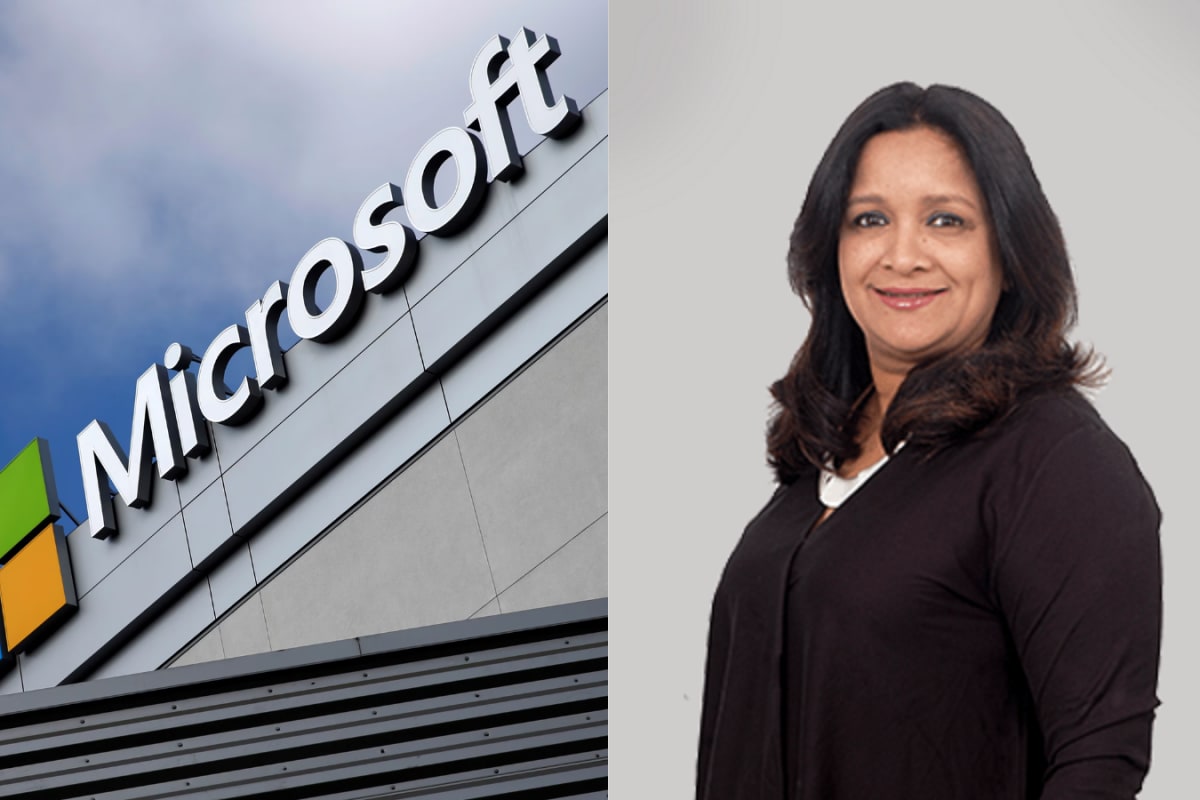

Lathika Pai, a former Microsoft executive and a well-known figure in the Indian startup ecosystem, has filed a civil suit against Microsoft India and Microsoft Corporation, seeking ₹35.3 crore (approximately $4.2 million USD) in damages. The lawsuit, which was initially filed in the Delhi High Court but has since been transferred to a civil court in Bengaluru, alleges "constructive dismissal" due to a hostile work environment, retaliation, and procedural unfairness.
Pai, who served as Microsoft's Country Head for Venture Capital and Private Equity Partnerships, claims she was forced to resign in July 2024 after enduring months of intimidation and professional isolation. These issues allegedly arose following an internal investigation into "Highway to a 100 Unicorns," a flagship startup initiative she spearheaded. The program, launched in 2019 under the 'Microsoft for Startups' umbrella, aimed to bolster early-stage startups in smaller Indian cities through partnerships with state governments.
In late 2019, Microsoft received anonymous complaints concerning the "Highway to a 100 Unicorns" program, alleging vendor favoritism, improper spending, and potential violations of the company's anti-corruption policies. An initial internal investigation by Microsoft's compliance teams reportedly cleared Pai of any wrongdoing, leading to her promotion in 2021.
However, a second investigation was launched in March 2024, this time led by the U.S. law firm Morgan Lewis & Bockius. Pai alleges that she was denied access to the original complaints and transcripts from the first investigation. Furthermore, she claims that a crucial interview conducted in April 2024 was not recorded, which she argues is a violation of Microsoft's stated policy.
Pai contends that after she raised objections to the process and questioned the legality and transparency of the second investigation, she was subjected to increased hostility from the company. She alleges that she was labeled a "troublemaker," sidelined from important discussions, and her contributions were publicly disregarded. The lawsuit also states that Microsoft allegedly treated her refusal to hand over her personal phone during the second inquiry as non-compliance, despite lacking a legal basis for the demand.
In addition to the issues surrounding the investigations, Pai's suit references a cyberbullying incident from 2020. She claims that after receiving anonymous cyberbullying emails, Microsoft promised a forensic investigation but failed to take meaningful action to trace the source. Pai also claims that Microsoft's senior leadership exhibited an inherent bias against dealings involving the Indian government, wrongly presuming corruption. She argues that her engagement with state governments under the startup initiative became a basis for unfair scrutiny, even after the initial investigation cleared the project.
After nearly eight months of what she describes as harassment, Pai resigned in July 2024, citing damage to her mental health, reputation, and professional standing. She is now seeking compensation for loss of income, emotional distress, and reputational harm. Besides Microsoft India and Microsoft Corporation, the suit names Microsoft India president Puneet Chandok, the company's head of HR Arun Kakatkar, and three senior officials of the tech giant's legal and compliance teams as defendants. Microsoft India has not yet responded to requests for comment on the ongoing litigation.
Pai has a long and respected career in the Indian startup ecosystem, founding ventures like JobSkills and SonderConnect, and advocating for inclusion and innovation. The case will now be heard in Bengaluru on June 9.